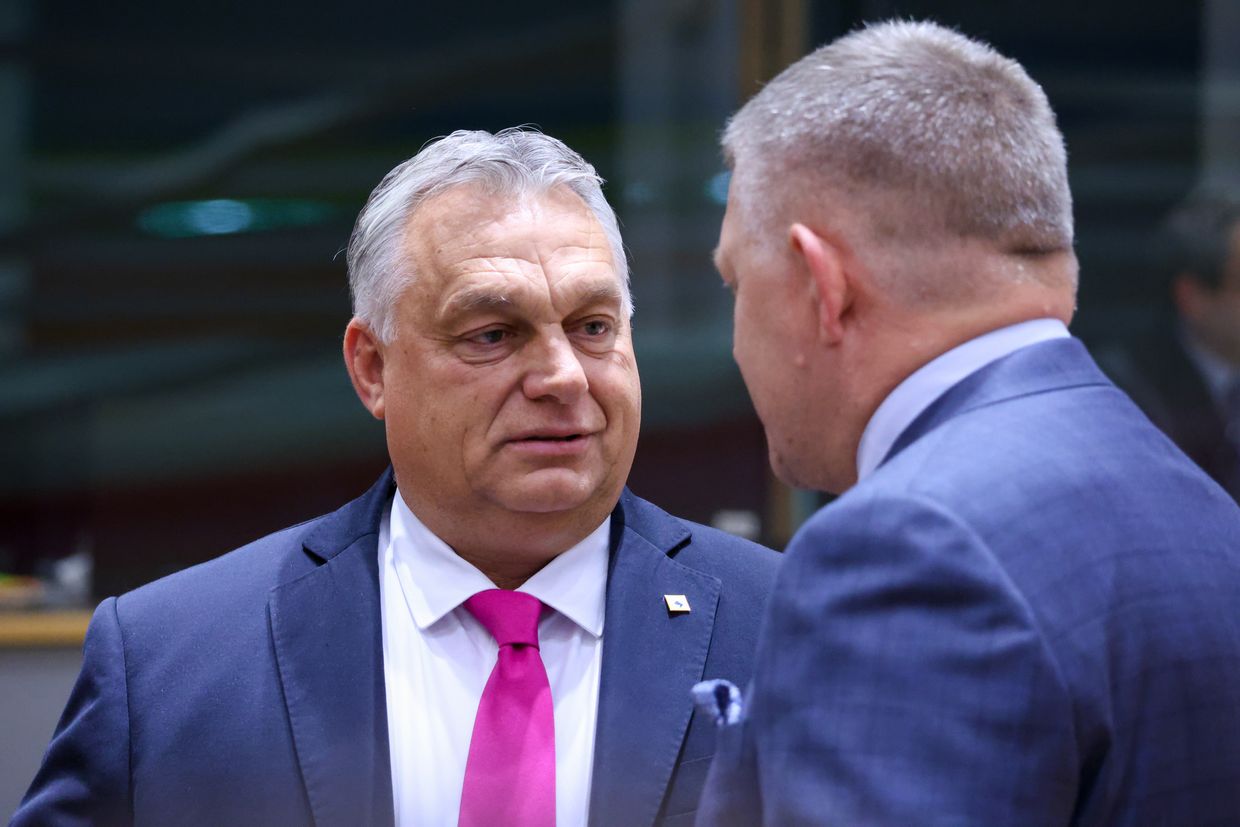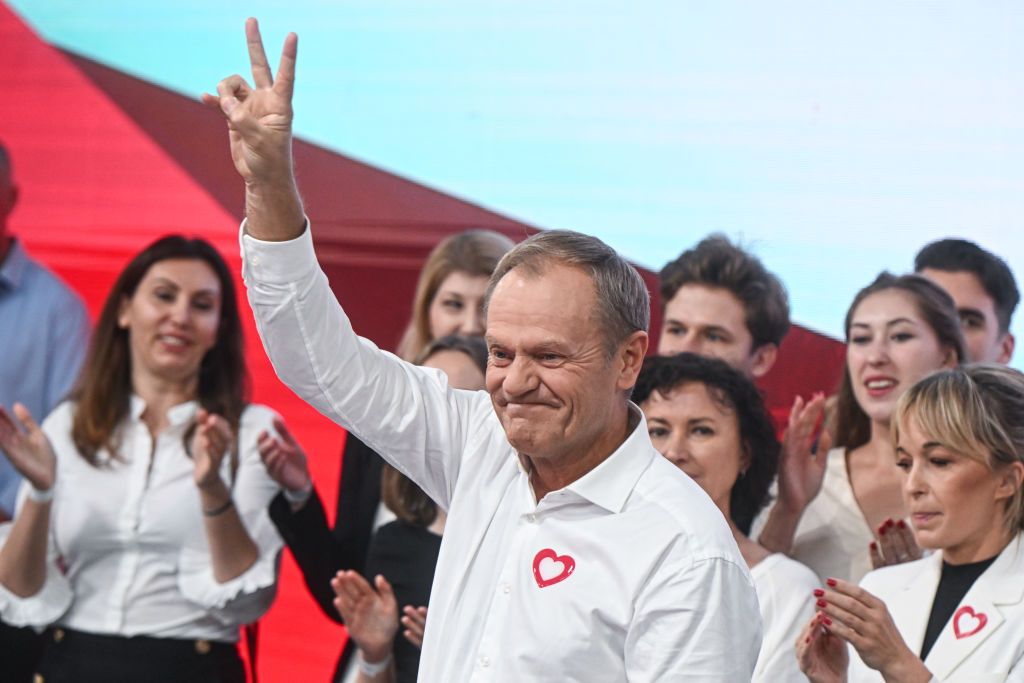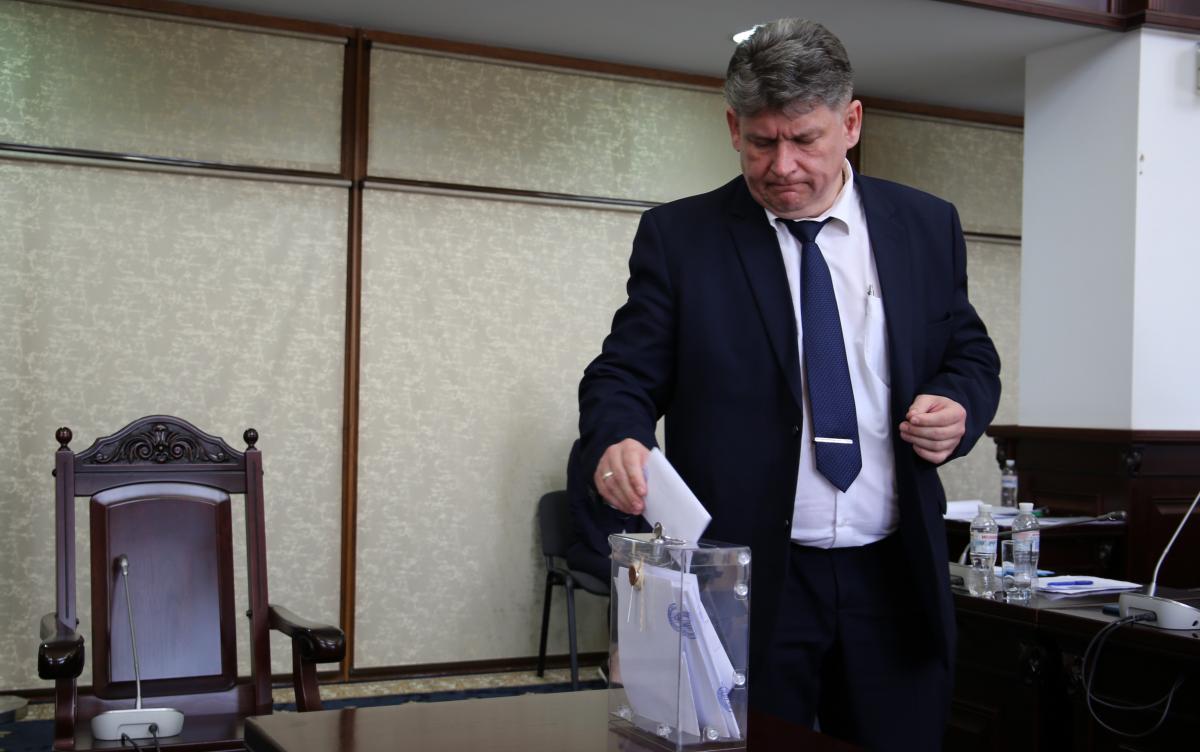Demonstrations against alleged electoral fraud in Serbia continue, 38 protesters arrested

Demonstrations against alleged electoral fraud occurred for the seventh consecutive night on Dec. 24 in front of the city assembly building in Serbia's capital, Belgrade, resulting in the arrest of 38 protesters for supposedly attempting to break into the building, the Serbian media outlet Kurir wrote.
Opposition parties have claimed that the ruling Serbian Progressive Party (SNS), under President Aleksandar Vucic, committed voter fraud and witnessed other irregularities in the municipal elections in Belgrade on Dec. 17. SNS and Vucic declared victory in the parliamentary elections held on the same day.
Miroslav Aleksic, a leader of the opposition faction Serbia Against Violence, said on Dec. 17 that the alliance cannot "accept the results" of the voting in the municipal elections.
"Serbian elections were held under the uneven playing field conditions and conducted with frequent irregularities on and before election day such as misuse of administrative resources, vote buying and violation of the secrecy of the vote," said Viola von Cramon, a German lawmaker and international observer of the elections.
The OSCE also criticized the elections, saying that "pressure on voters as well as the decisive involvement of the President and the ruling party’s systemic advantages undermined the election process overall."
The Parliamentary Assembly of the Council of Europe (Pace), which also observed the election, went further in its characterization of the results. "This was a stolen victory . . . and unfair result,” Pace mission chief Stefan Schennach said to the Financial Times.
Vucic has denied the allegations.
Serbian Prime Minister Ana Brnabic thanked Russian intelligence services for providing information about the protests, Radio Free Europe/Radio Liberty reported.
Russian Foreign Ministry spokesperson Maria Zakharova also commented on the demonstrations, claiming that they had been fomented by the West in an attempt to cause a "Maidan" type situation in Serbia, referencing the 2014 EuroMaidan revolution in Ukraine that led to the toppling of pro-Russian president Viktor Yanukovych.
Acting mayor of Belgrade and member of Serbia's ruling party, Aleksandar Sapic, echoed the statement, saying that the protestors' alleged use of violence amounted to a "Maidanization," the Russian state-run media outlet Sputnik reported.
Vucic and the SNS party have been in power for almost a decade and have been criticized for causing democratic backsliding in the country.
Serbia and Russia have a traditionally close relationship, and Serbia has refused to join sanctions against Moscow. Vucic also said that Russia would win its war against Ukraine despite growing support from Western countries, urging a peaceful solution "as soon as possible."
At the same time, Vucic has called Ukraine a "friendly country" and had previously affirmed that Crimea and Donbas are Ukrainian sovereign territories.
Tensions between Serbia and neighboring Kosovo, which declared independence in 2008, have escalated since the beginning of Russia's full-scale invasion of Ukraine. Authorities in Kosovo have accused Russia of fomenting unrest to create a distraction from its war in Ukraine.
Serbia has also been used as a conduit for spreading pro-Russian disinformation and propaganda. RFE/RL reported earlier in December that a branch of the pro-Russian organization "Other Ukraine," founded by the exiled Ukrainian oligarch Viktor Medvedchuk, was registered in Serbia.
The U.S. has said that Russia actively seeks to destabilize the wider western Balkan region and prevent its integration with European institutions.















